If you ever find yourself in an emergency situation where a child or baby is ill or injured then you will need to perform a primary survey.
The primary survey is a quick way to assess casualties. It can easily be remembered by the letters DRAB. If you ever find yourself in an emergency situation then all you need to remember is DRAB and you will be able to systematically assess your patient and decide what to do.
D: Danger
Check to see if there are any dangers to yourself or the casualty. Try and make the scene as safe as possible, remember YOU are the most important person.
If the area is too dangerous then stay back and call the emergency services.
R: Response
For children: shout loudly in both ears and tap them on the shoulders
For babies/infants: flick the bottom of the foot
If you do not get a response, then the child / baby is unconscious. So what exactly does this mean?
“complete or near-complete lack of responsiveness”
“unaware of both self and external surroundings”
The difference between being asleep and being unconsciousness is that an unconscious child / baby will not wake up.
A key principle is that being unconsciousness is a medical emergency which requires immediate first aid intervention.
When someone goes unconscious, they loose muscle tone. This means they go all ‘floppy’ – like a rag doll. The tongue (a muscle) can block their airway when it looses muscle tone. This is known colloquially as “swallowing your own tongue”.
In addition, loss of control over their stomach muscles can cause stomach contents (vomit) to travel back up to the throat which can block the airway
A variety of medical conditions and traumatic injuries can cause someone to become unconscious. However at this stage do not worry too much about trying to find out why they are unconscious, your immediate aim is to open their airway.
A: Airway
The airway is a series of tubes which caries air from your mouth & nose to your lungs. It can become blocked by the tongue and regurgitation of stomach contents. This will stop the casualty from breathing and can quickly cause death.
For children: You need to open the airway by tilting the head backwards and lifting the chin with two fingers as demonstrated in the picture below.
For babies: You should ensure the baby’s head is in the ‘neutral’ position. This means the head is not tilted forwards or backwards, instead the baby should be looking at the ceiling. Then use your finger tips to lift the chin. See the photo below for an example of an open airway
B: Breathing
Keep your hands on the child / baby’s head & chin. Place your cheek above their mouth and look at their chest.
Look, listen and feel for regular breathing for up to 10 seconds. You are assessing for normal breathing. The occasional gasping or snoring sound is not regular breathing and should be treated as no breathing.
Once you’ve assessed whether the child / baby is breathing normally you can perform the appropriate first aid treatment.
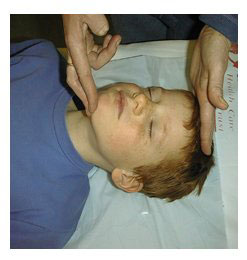

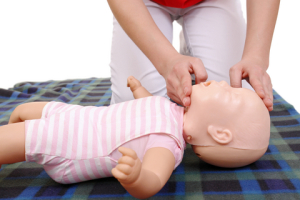
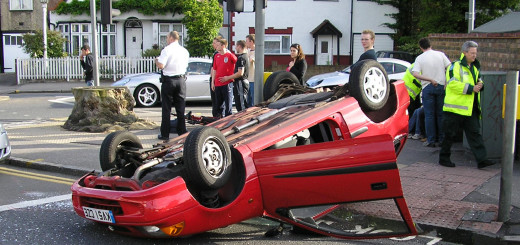
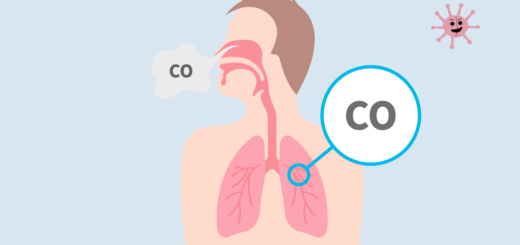
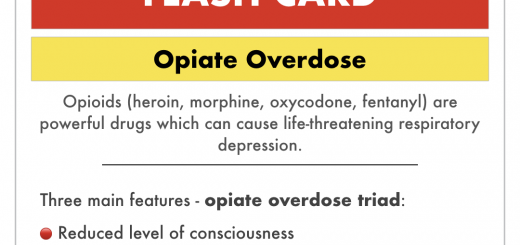


In Danish DRAB means kills, when you are from Denmark and you read this it’s sounds like something there have nothing to do with a live saving process